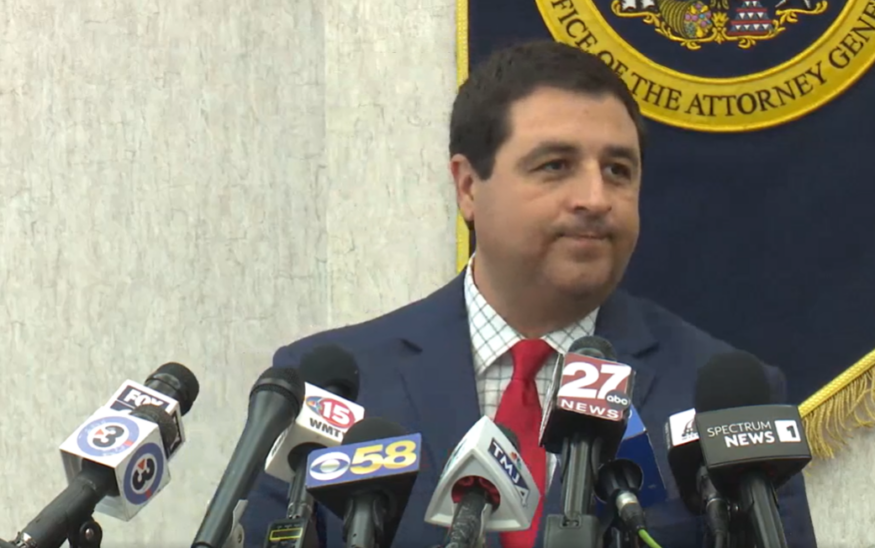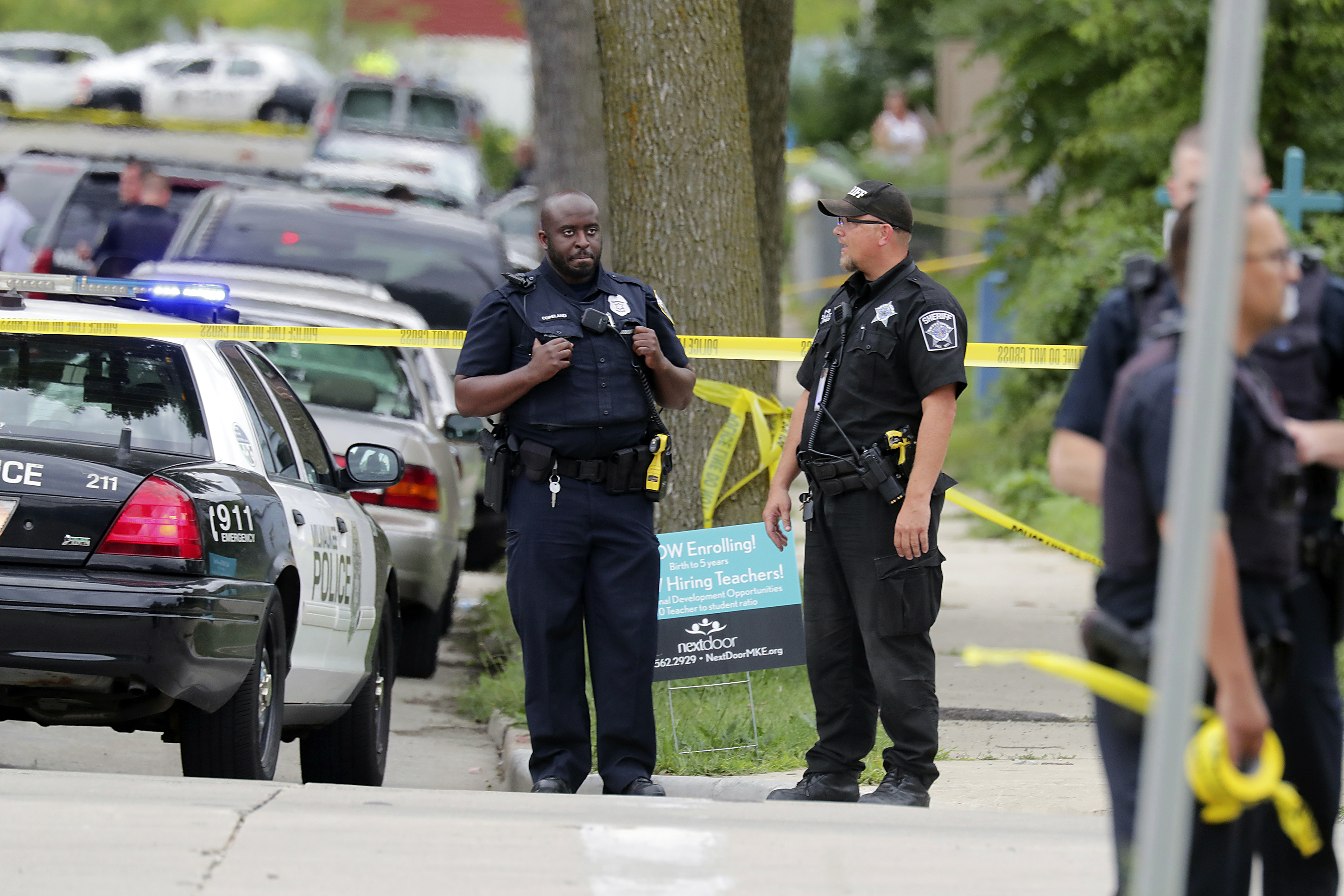Wisconsin joins coalition urging Supreme Court to uphold federal ghost gun regulations
By: WISCONSIN LAW JOURNAL STAFF//July 5, 2024//
Wisconsin joins coalition urging Supreme Court to uphold federal ghost gun regulations
By: WISCONSIN LAW JOURNAL STAFF//July 5, 2024//
Wisconsin Attorney General Josh Kaul joined a group of 24 attorneys general Wednesday urging the US Supreme Court to uphold a federal rule that regulates ghost guns—untraceable weapons often made at home from kits—like other firearms. In an amicus brief filed in Garland v. VanDerStok, the coalition urges the Supreme Court to reverse a mistaken decision by an appeals court overturning the ghost gun rule and argues that the rule is a common-sense clarification of existing law that is necessary to prevent gun violence and help law enforcement to solve serious crimes.
“Ghost guns shouldn’t be exempted from rules that apply to other firearms. When a background check is required to buy a firearm, it should be required to buy a ghost gun as well,” said Kaul. “The Supreme Court should uphold the ATF rule that closed this dangerous loophole and is helping to protect the safety of Wisconsinites.”
Between 2019 and 2021, gun-related homicides increased by 45 percent. At the same time, states reported an exponential increase in the number of untraceable, unserialized ghost guns recovered by law enforcement. Prior to federal regulation, these dangerous weapons proliferated, even in jurisdictions that attempted to regulate ghost guns themselves.
The Bureau of Alcohol, Tobacco, Firearms and Explosives (ATF) issued a Final Rule to combat this growing problem by clarifying that the Gun Control Act of 1968 (GCA) applies to the key building blocks of ghost guns, including gun kits and partially complete frames and receivers. The GCA is a longstanding federal law that regulates gun ownership and sales and keeps guns out of the hands of people who should not have them, including individuals convicted of felonies, domestic violence perpetrators, and children. The Final Rule clarifies that the definition of “firearms” includes kits and parts that can be easily converted to fully-functional firearms. This common-sense clarification does not ban gun kits. Rather, it subjects kits and nearly-complete guns to the same rules as conventionally manufactured guns—including serial number and background check requirements, according to Kaul.
The rule was challenged, and the Court of Appeals for the Fifth Circuit struck it down as an impermissible expansion of the GCA—though the court allowed it to remain in effect while an appeal proceeds. That case, Garland v. VanDerStok, will be heard by the Supreme Court during its next term.
Kaul and the coalition are urging the Supreme Court to uphold the ATF’s ghost gun rule, arguing that striking it down would harm public safety and hinder law enforcement. The attorneys generals describe how the rule is consistent with the text, history, and purpose of the GCA and demonstrate that the Fifth Circuit’s decision was erroneous. They argue that the rule is necessary to close a dangerous loophole and stop people who are banned from owning guns from obtaining ghost gun kits.
Joining Wisconsin Attorney General Kaul in filing this brief are the attorneys general of Arizona, California, Colorado, Connecticut, Delaware, District of Columbia, Hawaii, Illinois, Maine, Maryland, Massachusetts, Michigan, Minnesota, Nevada, New Jersey, New York, North Carolina, Oregon, Pennsylvania, Rhode Island, Vermont, Washington, and the Northern Mariana Islands.
Legal News
- Wisconsin joins coalition urging Supreme Court to uphold federal ghost gun regulations
- GM will pay $146 million in penalties because 5.9 million older vehicles emit excess carbon dioxide
- NFL is liable for $4,707,259,944.64 in ‘Sunday Ticket’ case
- Milwaukee Police investigating fatal downtown crash
- Milwaukee drops security personnel ordinance
- Wisconsin Supreme Court tacks on additional months to already suspended lawyer
- Supreme Court: Abortion protester’s First Amendment rights violated
- These doctors were censured. Wisconsin’s prisons hired them anyway
- Ruling reinstates lawsuit over ‘Black Lives Matter’ school posters
- Wisconsin Supreme Court to consider whether 175-year-old law bans abortion
- Wisconsin man facing bestiality and felony bail jumping charges
- Waukesha County woman indicted in National Health Care Fraud Law Enforcement Action
Case Digests
- Termination of Parental Rights
- First Amendment Rights
- Termination of Parental Rights
- Late Filing
- Real Estate-Attorney Fees
- Ineffective Assistance of Counsel
- Variance-Interpretation of Zoning Ordinances
- Sentencing
- Fourteenth Amendment’s Due Process Clause-Jury Instructions
- Unlawful Collection Practices-Evidence
- Sentencing-Vindictiveness
- Prisoner Grievances-Exhaustion of Administrative Remedies












